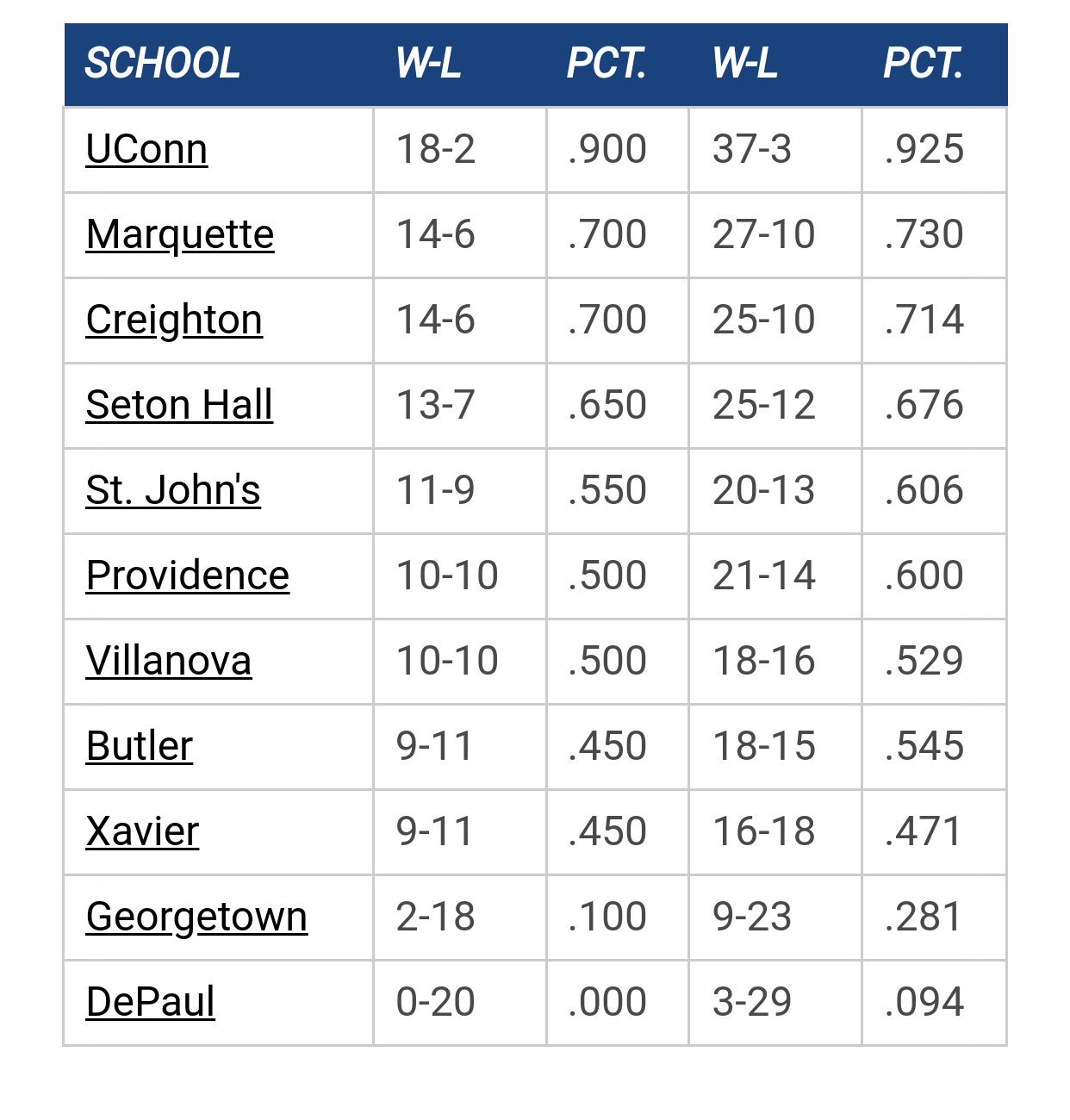- Welcome to MUScoop.
Georgetown Thread by BM1090
[Today at 01:44:59 PM]
2025-26 College Hoops Thread by Jay Bee
[Today at 01:28:55 PM]
2025-26 Big East Conference TV Schedule by rocky_warrior
[Today at 01:24:12 PM]
2026 Coaching Carousel by Newsdreams
[Today at 01:20:28 PM]
James/Stevens by Newsdreams
[Today at 01:15:45 PM]
2025-26 Big East Thread by Vander Blue Man Group
[Today at 12:29:15 PM]
We're 3rd best! by #UnleashJosh
[February 23, 2026, 10:08:24 PM]
[Today at 01:44:59 PM]
2025-26 College Hoops Thread by Jay Bee
[Today at 01:28:55 PM]
2025-26 Big East Conference TV Schedule by rocky_warrior
[Today at 01:24:12 PM]
2026 Coaching Carousel by Newsdreams
[Today at 01:20:28 PM]
James/Stevens by Newsdreams
[Today at 01:15:45 PM]
2025-26 Big East Thread by Vander Blue Man Group
[Today at 12:29:15 PM]
We're 3rd best! by #UnleashJosh
[February 23, 2026, 10:08:24 PM]
The absolute only thing required for this FREE registration is a valid e-mail address. We keep all your information confidential and will NEVER give or sell it to anyone else.
Login to get rid of this box (and ads) , or signup NOW!
Georgetown Date/Time: Feb 24, 2026, 6:00pm TV: Peacock/NBC SN Extra Schedule for 2025-26 |
||||||
User actions


